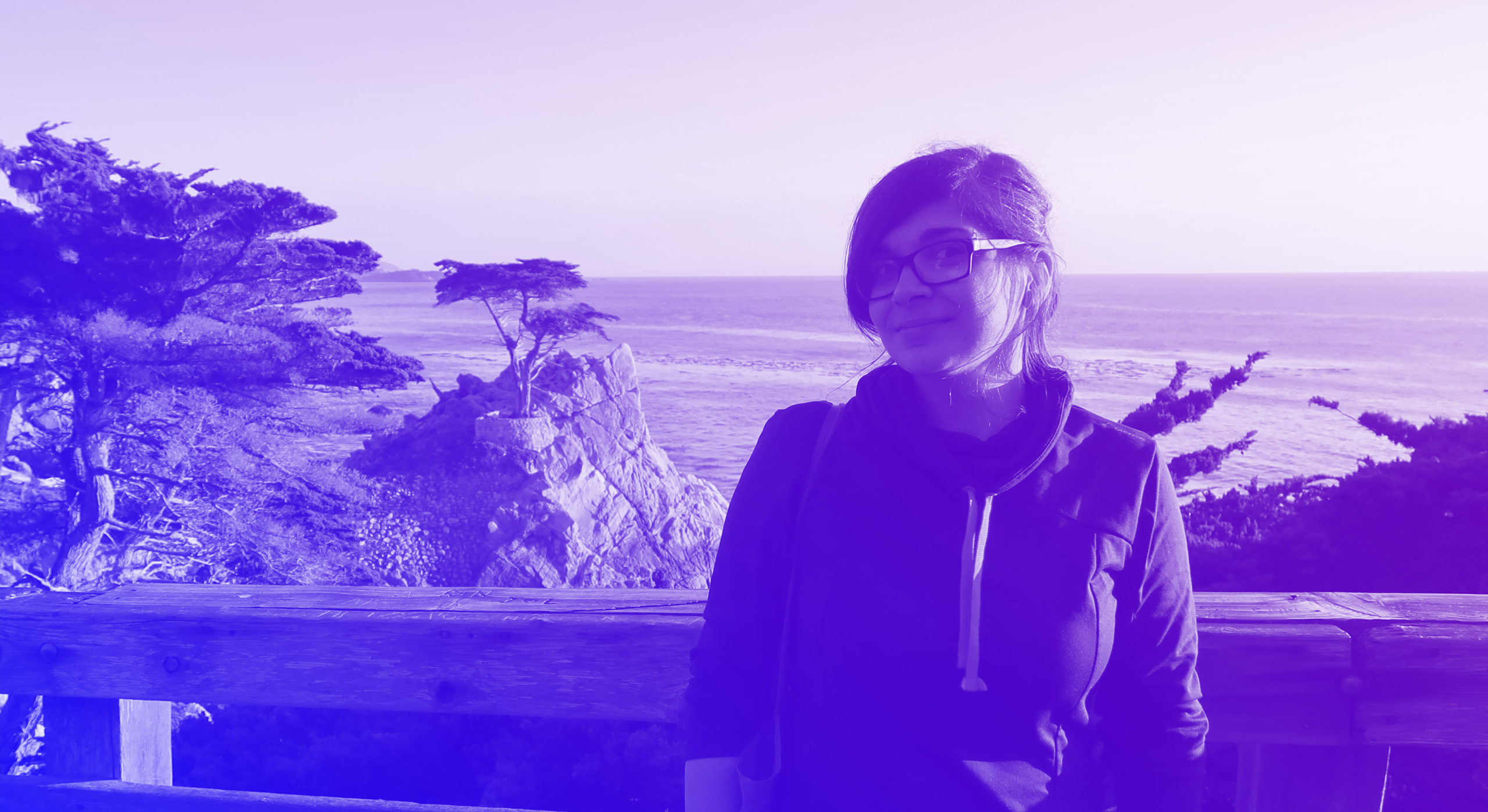Expert Interview: Dr. Marilena Daquino, Polifonia researcher
‘Share your knowledge, teach if you can, and learn as much as possible, because we will need it’, Dr. Daquino

What is your expertise and role in Polifonia?
After a master’s in history, I learnt coding and, since then, I have been active in the digital humanities research community. My role in the Polifonia project is to develop the final Web portal in collaboration with other partners. Before that, I was involved in creating musoW, a preliminary catalogue of musical resources on the web that we will leverage into the Polifonia Web portal.
What drives you to conduct research in this field?
I had a particular interest in archival science but I didn’t want to study one single topic. Within this area, I found working on the metalevel far more interesting because focusing on research methods through programming has a much bigger impact on the field. It has a real added value to archival and library information sciences.
How is the gender balance in this discipline, and has it changed in the past years?
Of course in the humanities there are more women, while in computer science there are fewer, or better, they are less visible. This is not new. However, I am lucky to be part of the Research Centre for Digital Humanities at the University of Bologna, where many women are now enrolled in our MA programme there. I think, in contrast to computer science, digital humanities can be seen as an applied science which makes it more appealing to people starting a course with fewer coding skills.
Would you like to share a message for International Women’s Day?
I found this article on Groove magazine quite inspiring. It is about some Mexican women coders who create electronic music through live coding. Not only they hack the system by using free software and self-written code, free from the capitalistic industry, but they also break new ground in this world dominated by men.
An important section of this article is about how women have started passing on their coding knowledge to other women so that they can learn, freely express themselves and challenge themselves. This used to be rare in programming. So, my message is: share your knowledge (in coding), teach if you can, and learn as much as possible. We will need it to make the world a better place!










